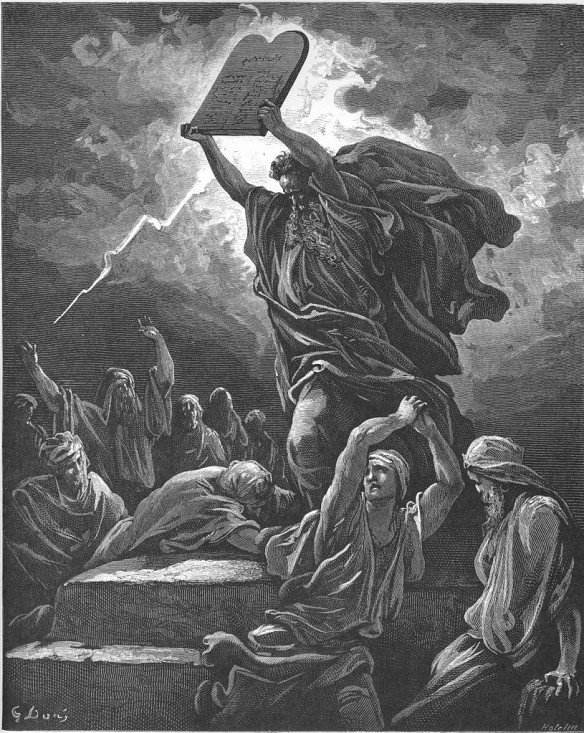[Cross-Posted from Sixteen Small Stones: Disagreeing with LDS Prophets and Apostles vs Losing Confidence in Them]
Among some members of the Church of Jesus Christ of Latter-day Saints, it has become increasingly common to openly and publicly criticize teachings, directions, decisions, and policies of the prophets and apostles of the church.
I recognize that this trend is at least partially the consequence of a more general societal shift in attitudes and perceptions of privacy; a shift that is influenced by blurring lines between the public and the private driven by information technology and the Internet.
As long-time readers of my blog know, I am very troubled by this trend. I am troubled by the nonchalance with which members of the church confidently declare that they know that the prophets and apostles are wrong about this-or-that.
While I have have written extensively about this and related topics, I recognize that my posts are long, disconnected, and probably not very accessible to casual readers. When you are discussing the issue in the comments of social media, pointing to pages and pages of blog posts written over the course of several years just doesn’t work well.
So here is my attempt to distill my reasoning into a single, more succinct and consumable post: Continue reading

